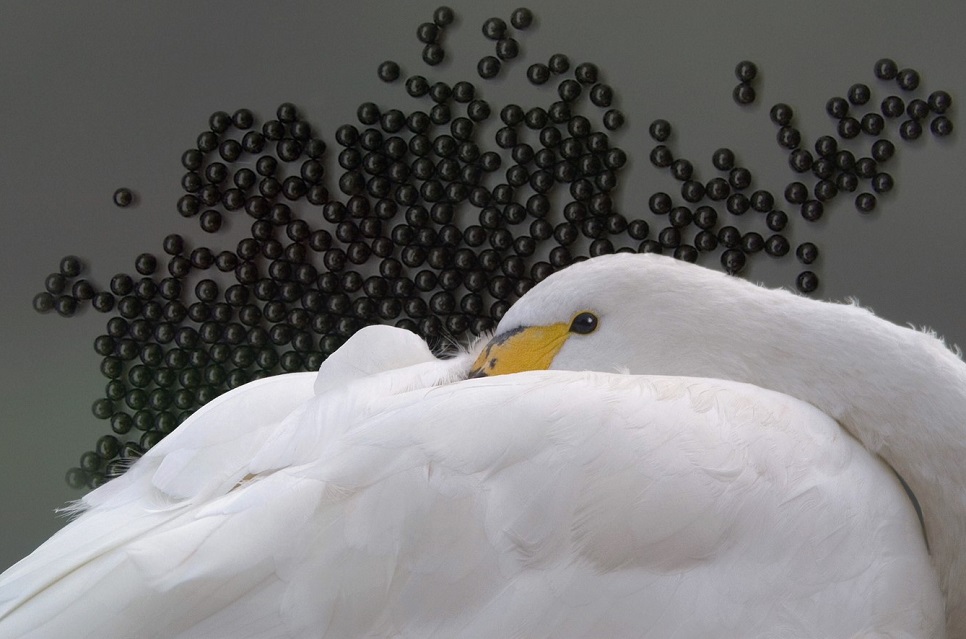Extinct bird to return to the west country
A spectacular bird that has not bred in the West Country for over four centuries is a step closer to returning thanks to a generous £700k grant from Viridor Credits. The money has secured the next phase of The Great Crane Project - a partnership between the Wildfowl & Wetlands Trust, the RSPB and Pensthorpe Conservation Trust - which aims to secure the future of the crane as a British breeding bird.
This metre-high wetland bird was extinct in the UK for four centuries. Since 1981 cranes have nested or attempted to nest in East Anglia, but the population only has a tenuous foothold in the UK. The reintroduction project will give this wonderful wetland bird a much brighter future in Britain.
Secured by WWT, the funding from Taunton-based Viridor Credits Environmental Company - through the Landfill Communities Fund, means work will begin on building a rearing facility for crane chicks at WWT Slimbridge. The grant will also fund preparatory work, including the appointment of a project manager.
The cranes will be brought from a flourishing wild population in Germany as eggs and incubated, hatched and hand reared at Slimbridge.
The rearing facility at Slimbridge will build upon the fantastic knowledge and expertise gained through WWT's hugely popular crane school exhibit at the centre over the past two years. Here, crane chicks have been raised by keepers wearing specially created crane suits and fed using customised crane head litter pickers to finely tune the techniques for raising 'wild' crane chicks prior to release. The new rearing facility at Slimbridge will be a 'behind the scenes' scaled up version of the crane school model. Work is expected to start this summer and be complete by spring 2010.
Young cranes will be transferred to a large holding pen at the release site when they are two months old. When they have become acclimatised they will be fitted with satellite transmitters and released into the wild.
Dr Debbie Pain, WWT's Director of Conservation, said: "Cranes are magnificent birds that were driven from their wetland habitats and hunted to extinction long ago. Now with Viridor Credit's support we are determined to give them another chance at survival. Thanks to lessons learnt in crane school we now have the feathery-fingered skills to raise crane chicks. Roll on 2010 - we cannot wait to begin teaching these amazing birds how to live in British wetlands once again."
The Somerset Levels have been identified as the best location in the UK to release the cranes, due to the availability of existing habitat suitable for cranes to nest and feed in, and the potential for much more to be created. Although cranes have not nested there for 400 years, this area would historically have been a stronghold for them. The grant will now fund work to establish the best site for releasing the birds, and it is hoped that the first Slimbridge-raised chicks will be released to the wild in autumn 2010.
.

